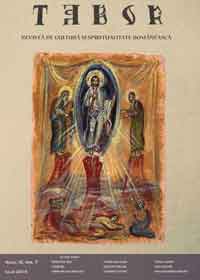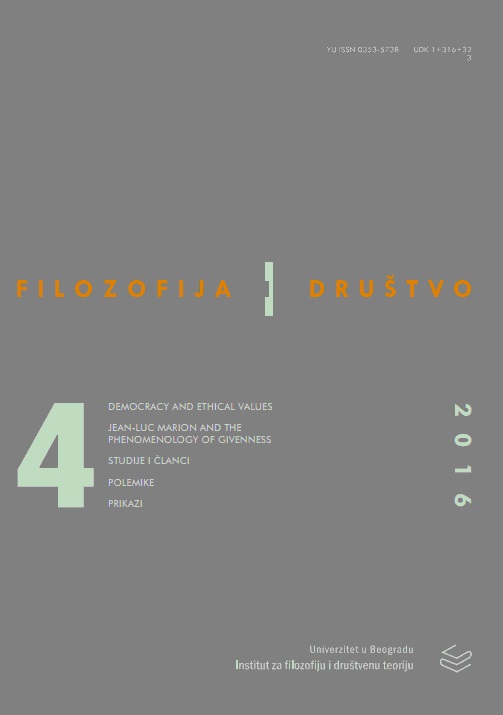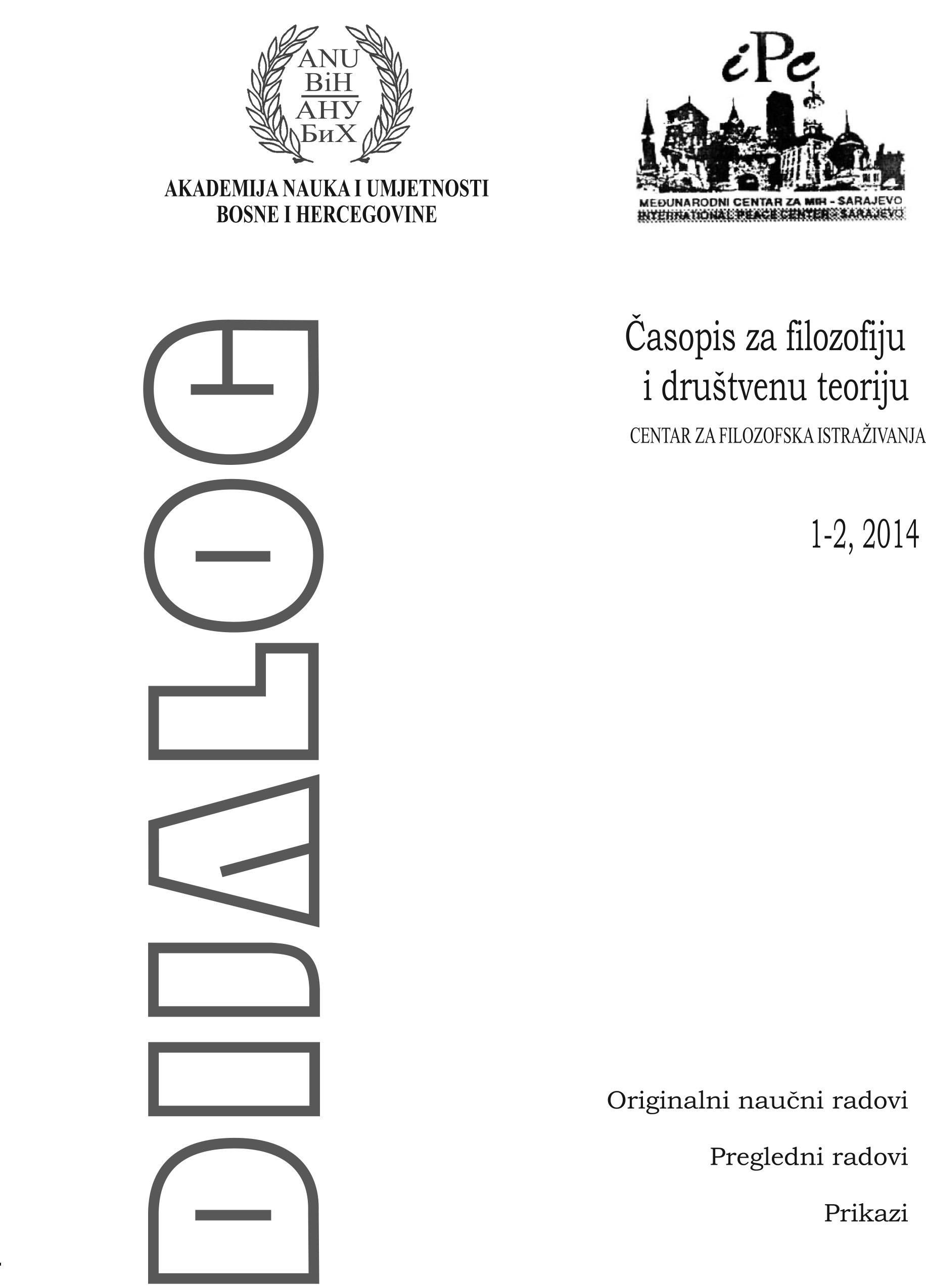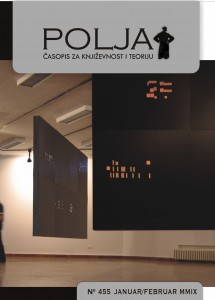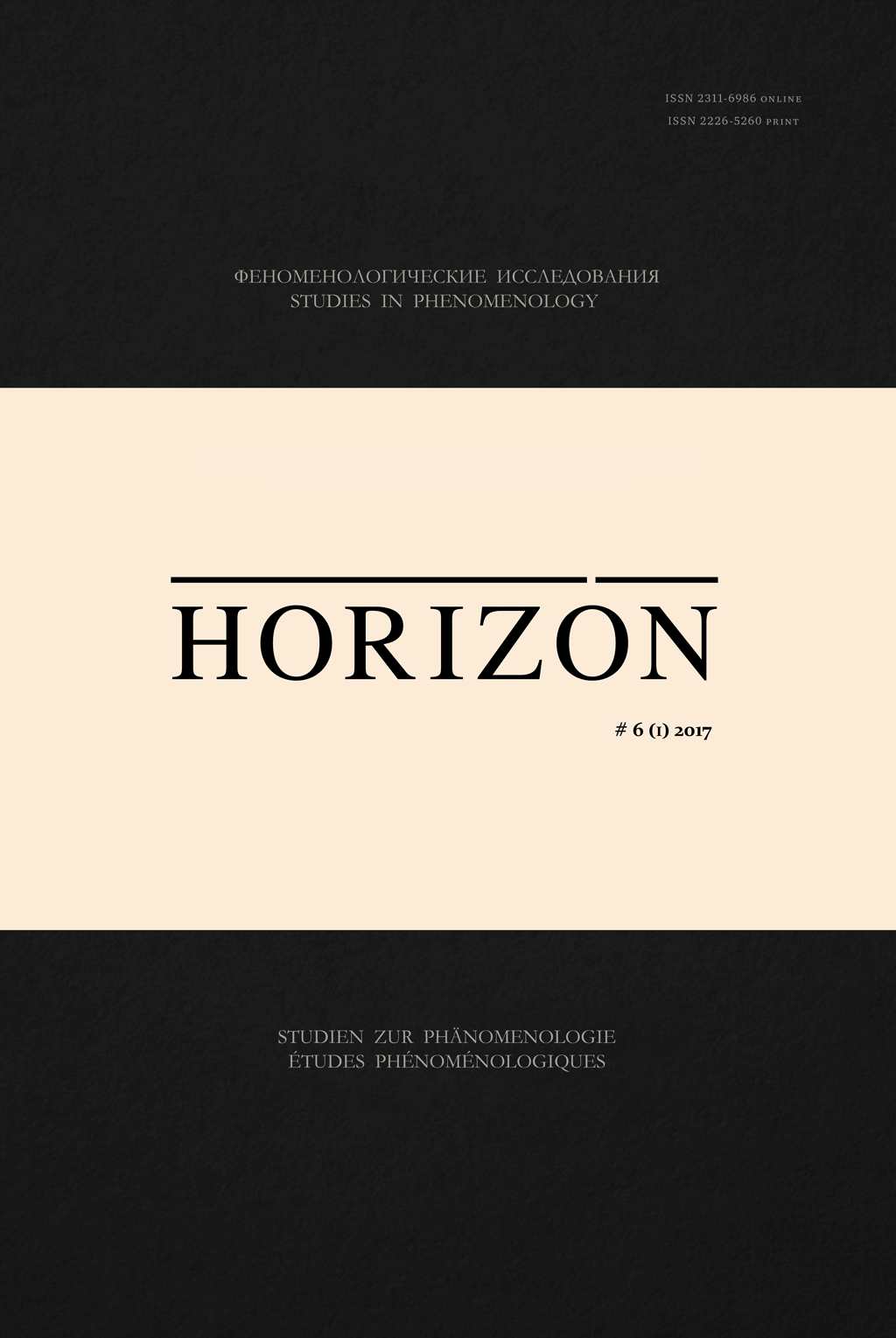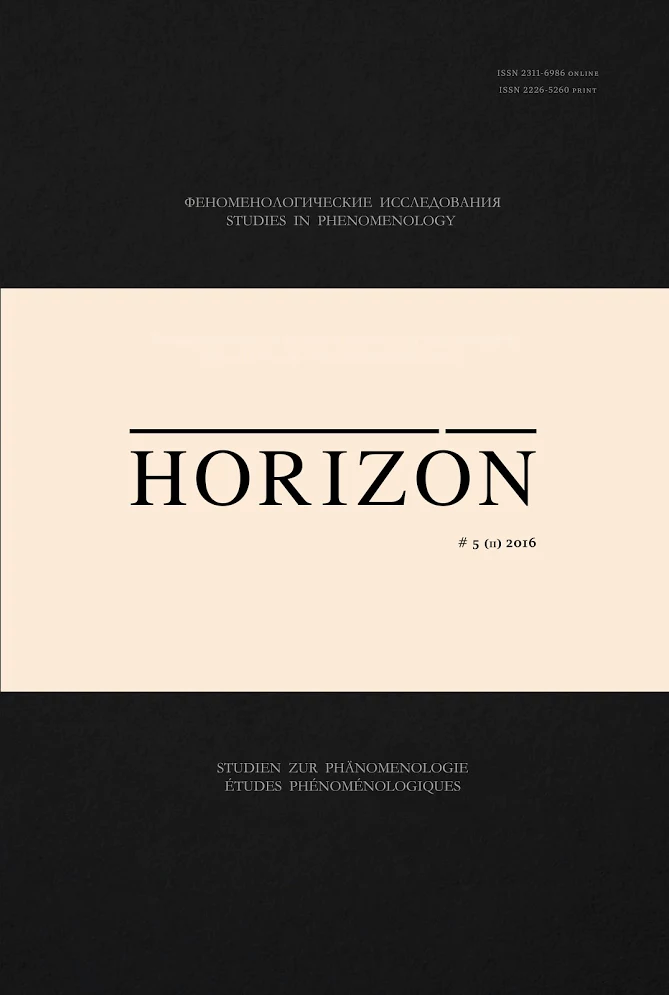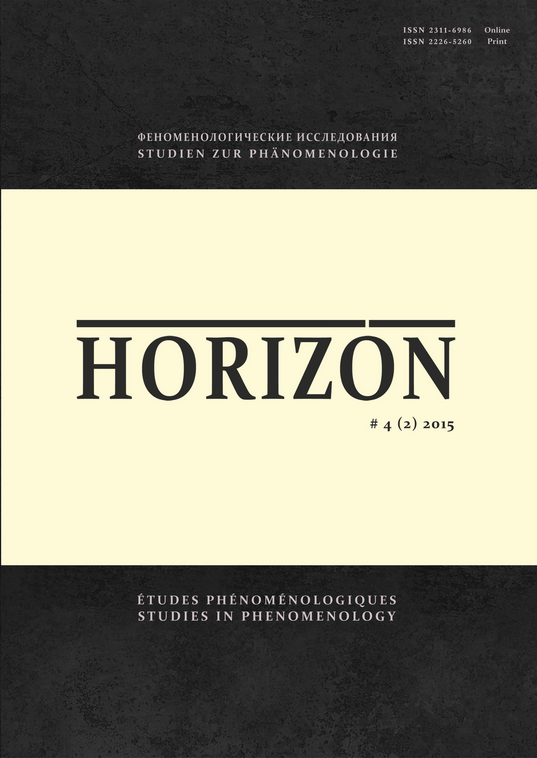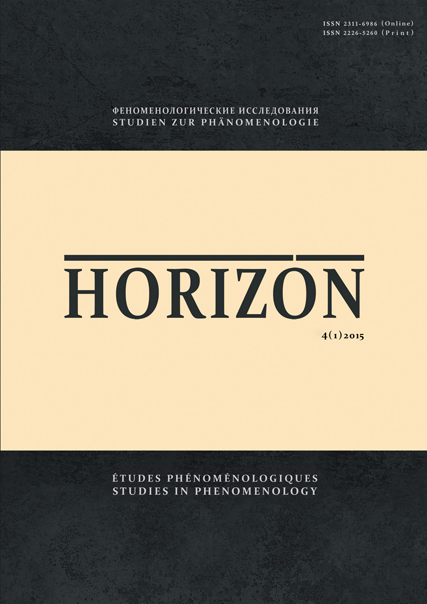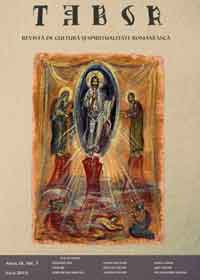
Fenomenul saturat şi relevanţa sa teologică
The text presents the concept of the saturated phenomenon as it appears in the phenomenology of Jean-Luc Marion, while stressing the importance it has in the description of Christian religious experience. If in saturated phenomenon, intuition overflows the concept, meaning that man receives more than he bring himself by his intellectual capacities, then Christian revelation, the Theophany and mystical experience can be adequately described using this paradigm, rather than by modern paradigm of subject and object. Man receives himself from the phenomenon that is excessively donated to him, transforming himself, from knowing subject, to a gifted one, and experience, in its Kantian meaning, is replaced by a counter-experience. Describing the events more adequately, saturated phenomenon finds its place alongside the other (poor and neutral) phenomena which can describe only objects and becomes the most appropriate way of speaking, phenomenologically, about Christ’s revelation in history.
More...
